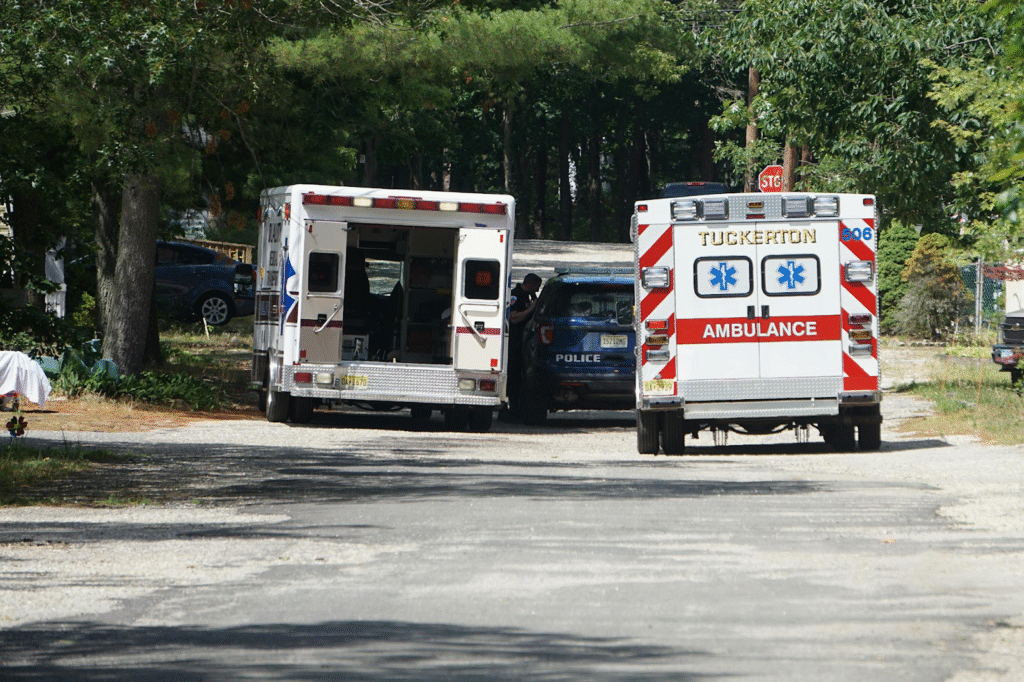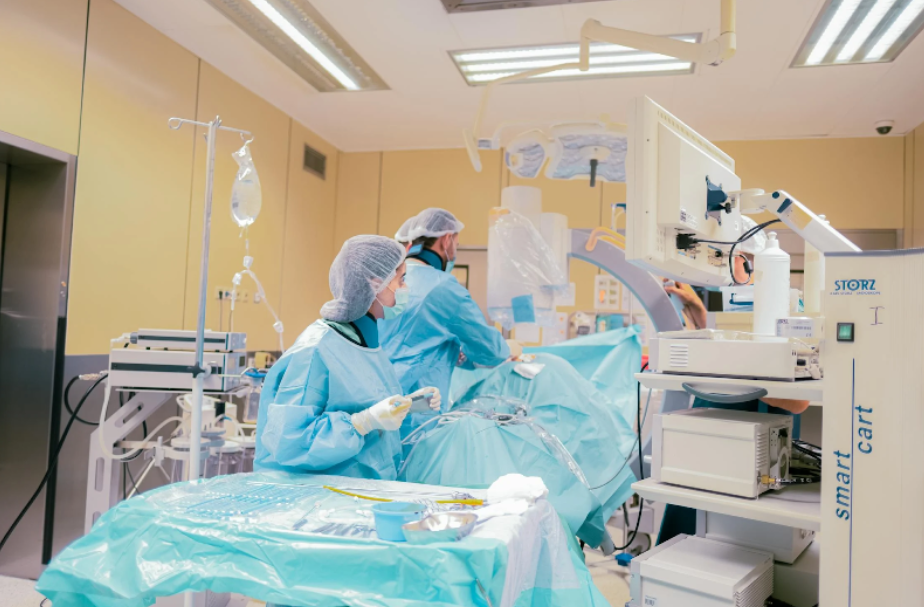No one expects to be in a car accident, yet it happens to thousands of drivers every day. The moments immediately following a collision can be disorienting, confusing, and chaotic. Making the right decisions during this time can influence your safety, legal standing, and financial recovery. Knowing what actions to take in the aftermath is just as important as understanding how to avoid one. The steps outlined here are designed to help you stay clear-headed and take control when circumstances suddenly spiral.
Speak with a Legal Professional Early
After making sure everyone is safe and the authorities have been contacted, your next priority should be speaking with someone who understands the legal implications of what just happened. Consulting a car accident attorney can help you navigate potential claims and protect your interests from the beginning. An experienced lawyer will review the details of your case, explain your rights, and assist in managing communication with insurance companies. This step can feel overwhelming, but reaching out for legal advice early can make the rest of the process smoother and more manageable.
Report the Accident to Your Insurance Provider
Once immediate concerns are addressed, contact your insurance provider to report the accident. Be prepared to share basic information, including the time and location, other parties involved, and the nature of the damage. Keep your description factual and avoid making assumptions or accepting blame. Your insurer may assign an adjuster to assess the damages and determine how to proceed with repairs or compensation. Providing thorough, organized information can help avoid delays and support your claim throughout the process.
Monitor Symptoms and Track Recovery
In the days and weeks following the crash, pay close attention to changes in your physical and emotional state. Symptoms like headaches, dizziness, anxiety, or difficulty sleeping could point to injuries that were not obvious at first. Keeping a journal of how you feel each day, along with any treatments or therapy sessions, helps build a comprehensive picture of your recovery. This kind of record may be valuable if your case involves long-term health issues or a claim for pain and suffering. Be honest and consistent, and share updates with both your doctor and attorney.
Prioritize Medical Attention
Even if you walk away from the scene feeling fine, you may still have injuries that aren’t immediately obvious. Adrenaline often masks pain, and internal injuries can develop or worsen without immediate symptoms. Seeking medical care not only protects your health but also creates a documented record of any injuries, which can be crucial if a claim is necessary. Be thorough when speaking with medical professionals and follow through with any recommended treatments or follow-up appointments. Keep a detailed record of diagnoses, prescriptions, and other instructions you receive, as this documentation may become significant later.
Document the Scene and Gather Evidence
If you’re physically able, take photos and videos of the accident site before vehicles are moved. Capture damage to all vehicles involved, any visible injuries, traffic signs, road conditions, and any debris or skid marks. If there are witnesses nearby, ask for their contact information and a brief summary of what they saw. These eyewitness accounts can serve as valuable evidence if there is a dispute about who was at fault. Police reports are another important form of documentation. Request a copy and review it for accuracy, noting anything that might need clarification.
Be Cautious with Communication and Settlements
In the days following a car accident, you may receive calls from insurance representatives, including those working for the other driver’s insurance company. These conversations might seem routine, but they can carry more weight than expected. Be careful about what you say, as your words may be recorded and later used to minimize or challenge your claim. Even casual remarks about fault, injuries, or what you think happened can be taken out of context. It’s best to keep your statements brief and factual and avoid speculation. If you’re unsure how to respond, direct the caller to your attorney instead.
When it comes to settlement offers, be wary of any agreement presented early on. Insurance companies often move quickly to close cases and may offer a payout that seems reasonable at first glance. But these initial offers rarely reflect the full scope of your losses, especially if you’re still receiving treatment or haven’t fully assessed how the accident will impact your future. Accepting a settlement without fully understanding its terms can prevent you from pursuing additional compensation later, even if new expenses arise. Review every document carefully, and don’t sign anything without having a professional review it
The aftermath of a car accident can feel like a blur, but taking the right steps can provide a sense of structure during an otherwise disorganized time. From seeking medical care and gathering evidence to consulting an attorney, every action you take plays a role in how you recover physically, emotionally, and financially. Staying calm and informed allows you to respond instead of react, and makes a meaningful difference in how you move forward.






